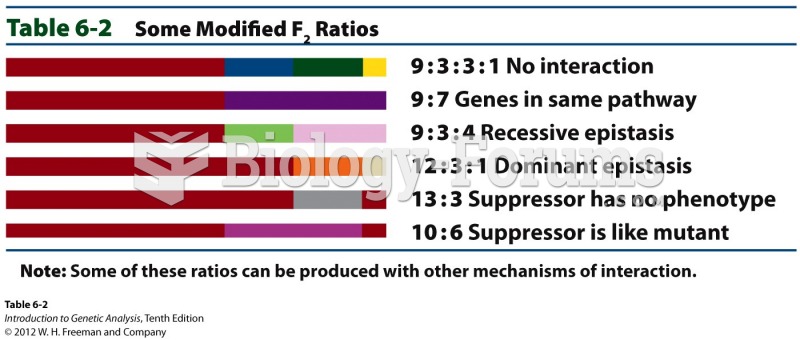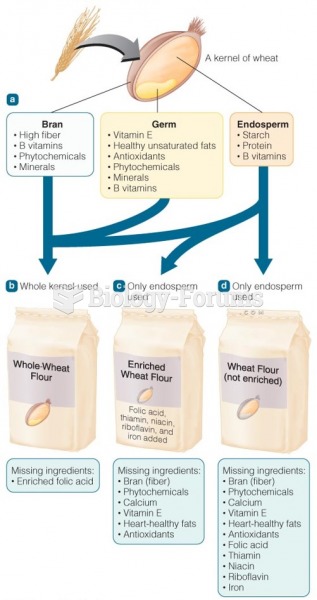|
|
|
In women, pharmacodynamic differences include increased sensitivity to (and increased effectiveness of) beta-blockers, opioids, selective serotonin reuptake inhibitors, and typical antipsychotics.
Parkinson's disease is both chronic and progressive. This means that it persists over a long period of time and that its symptoms grow worse over time.
Sildenafil (Viagra®) has two actions that may be of consequence in patients with heart disease. It can lower the blood pressure, and it can interact with nitrates. It should never be used in patients who are taking nitrates.
Russia has the highest death rate from cardiovascular disease followed by the Ukraine, Romania, Hungary, and Poland.
The highest suicide rate in the United States is among people ages 65 years and older. Almost 15% of people in this age group commit suicide every year.
 Isotopes may be stable or radioactive depending on the arrangement and number of neutrons in the nuc
Isotopes may be stable or radioactive depending on the arrangement and number of neutrons in the nuc
 The location of the variable fuel sensor can vary, depending on the make and model of vehicle, but ...
The location of the variable fuel sensor can vary, depending on the make and model of vehicle, but ...





